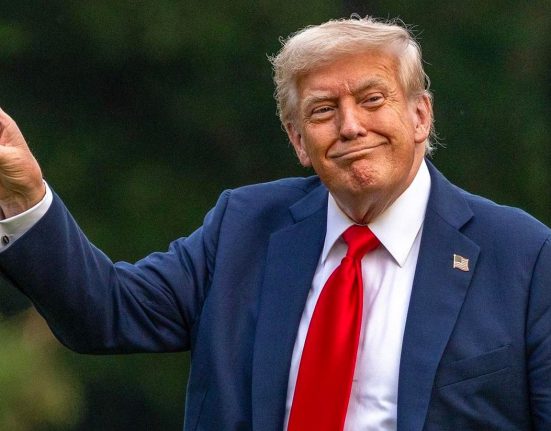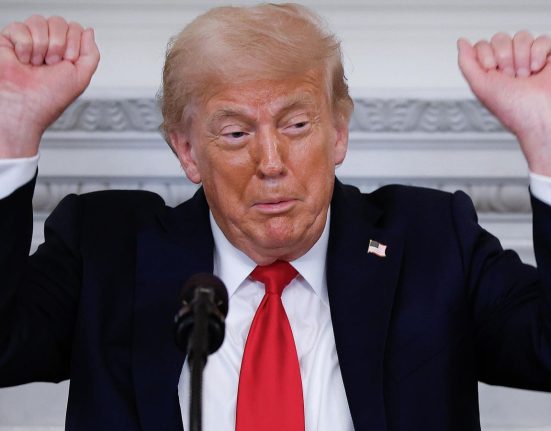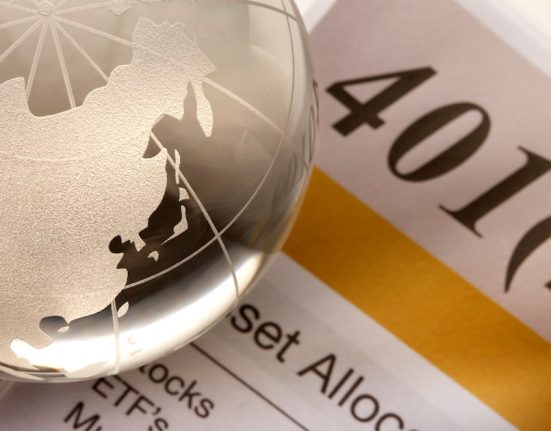“The focus will be predominantly on equities because of the sizable downside moves,” he said. However, bonds remain attractive, particularly shorter-dated government bonds, given the repricing of growth expectations following tariff policy changes.
Manulife also favors shorter-dated Treasury Inflation-Protected Securities (TIPS) as a hedge against potential inflation, especially with the Federal Reserve maintaining a dovish stance.
Also Read | ‘440-volt shock’: Economists react to Trump’s global tariff jolt
Gold remains a key asset in Manulife’s portfolio, but the firm is “locking in some gains tactically” due to gold’s recent outperformance and the likelihood of central banks pausing purchases at current price levels.
Safe-haven gold prices hit record highs of $3,167.57 an ounce after the tariff announcement on April 3, before receding slightly.
Commodities such as copper are expected to face short-term volatility but may see support due to supply deficits.
Manulife prefers high-quality, dividend-paying sectors. “We are a total return investor, and in an environment where capital returns are initially somewhat challenged. You have that income stream kicking, which will help to sort of provide some balance to portfolios,” Franklin explained.
The firm is also focusing on companies with strong corporate fundamentals that can pass on higher import costs, making them more resilient to trade policy disruptions.
Also Read | From shrimp to smartphones: Indian exporters brace for US tariff impact
The US administration’s tariff policies aim to strengthen the country’s industrial base and reduce both fiscal and trade deficits. While bringing production back to the US is a long-term goal, he acknowledged that much of the new industrial activity is likely to be automated rather than generating large numbers of new jobs.
In the short term, higher import tariffs will create economic disruptions, increased uncertainty, and inflationary pressures.
India’s economy, being less reliant on global trade, is somewhat insulated from the broader effects of deglobalisation. However, he warned that Indian equities could still be affected by global market sentiment, as investors may shift capital to safer assets. While India has relative strength, prolonged pressure on global risk assets could still impact investor psychology domestically.
For the full interview, watch the accompanying video
Catch all the latest updates from the stock market here







